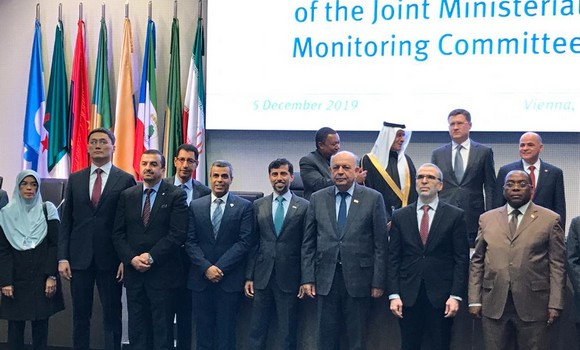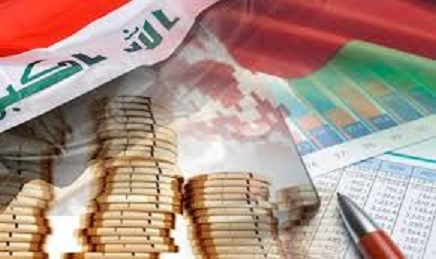Saudis pledge additional action after group and allies agree new 500,000 b/d curbs
Saudi Arabia moved aggressively to prop up the oil market, agreeing additional curbs in production on top of sealing a new output deal with Opec and its allies.
The so-called Opec+ alliance, which also includes Russia, agreed curbs of 500,000 barrels per day on Friday after two days of fraught meetings in Vienna, with Saudi Arabia pledging additional voluntary cuts of a further 400,000 b/d.
The kingdom has been scrambling to prop up the oil market amid warnings that it faces a severe supply glut in the first half of next year. Saudi Arabia is particularly keen to support the valuation of the state oil company Saudi Aramco, with the kingdom’s energy minister Prince Abdulaziz bin Salman vowing it would hit an elusive $2tn valuation in the coming months.
Talks aimed at reaching a deal had gone on through the night and the decision was finalised on Friday by the countries that have been involved in an oil alliance since 2016. The agreement drove Brent crude 1.4 per cent higher to $64.25 a barrel and took gains for the international oil benchmark to more than 5 per cent over the week.
The deal takes total production cuts, which have evolved since Russia first started working with Opec in an effort to combat the price impact of rising US shale supplies, to 2.1m b/d, or more than 2 per cent of global demand. The Opec+ alliance target was previously 1.2m b/d, though Saudi Arabia had already made some additional cuts.
“Prince Abdulaziz was deeply concerned about the impression that this would be just a cosmetic cut and wanted to show it was real, credible and would impact the physical market,” said Helima Croft at RBC Capital Markets.
Saudi Arabia also had one eye on supporting the initial public offering of Saudi Aramco. which priced shares this week at a level valuing the company at $1.7tn. This was still below the initial target of Crown Prince Mohammed bin Salman, the kingdom’s de facto ruler.
Prince Abdulaziz, the crown prince’s half brother, attacked critics of the IPO and vowed the shares would rise to a level valuing the company above the $2tn level coveted by Saudi Arabia’s rulers. “They can bet this will happen,” Prince Abdulaziz said on Friday.
Oil market analysts had previously questioned whether an extra 500,000 b/d alone would be enough to keep crude prices supported given that producers were already making cuts well above the 1.2m b/d target of the previous deal.
Homayoun Falakshahi at Kpler said Prince Abdulaziz appeared to want to “surprise” the market having only been appointed in September. “It was his first meeting so he had to come out with something,” Mr Falakshahi said.
The market is facing robust US shale supply as well as additional barrels from other non-Opec countries that could create a supply glut in early 2020. Global economic weakness is also a concern, with energy agencies having repeatedly revised down expectations this year for growth in oil demand for 2019 and 2020.
Yet there were still doubts among some analysts in the market about the effectiveness of the cuts and whether they would stop a sharp increase in inventories.
“I doubt this will prevent a fresh build in stockpiles in the first quarter of 2020 as claimed,” said Greg Priddy at Stratfor, a geopolitical intelligence company.
After a preliminary agreement on oil policy on Thursday, talks went into the night, and the decision had to be finalised on Friday by the wider group of allied countries.
The willingness of Russia, which has formed an oil alliance with Saudi Arabia, to co-operate with the cuts has been under scrutiny. Moscow has extracted concessions to remain in the deal, including exemptions for barrels it produces as a byproduct of gas production.
Prince Abdulaziz said ahead of Friday’s meeting that oil market participants needed to “have faith” and “have mercy” on the group when assessing the group’s production numbers.
“The market will have to trust us,” he added. The prince encouraged oil producers to comply with the deal and enact their share of the cuts. “Further commitment and further conformity would allow us all to benefit,” he added.
Ahead of the meeting, people familiar with the Saudi position had said the kingdom would be willing to take on a larger share of the burden should other nations be compliant with their agreed quotas.
An extraordinary meeting of ministers will take place in March with the next formal gathering of officials to take place in June.
Source: Financial Times, December 6, 2019
https://www.ft.com/content/f53804ba-1832-11ea-9ee4-11f260415385








Comment here